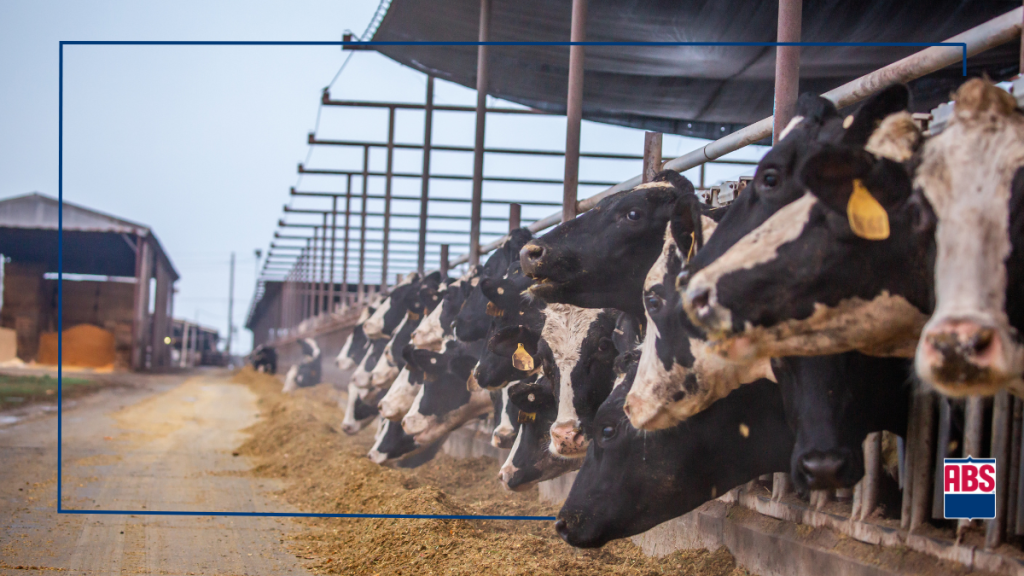06.23.2023
To ensure the dairy industry’s long-term success, it is essential to embrace scientific advancements and employ innovative strategies. One such approach involves understanding genetic traits and indexes in dairy cattle. By leveraging this knowledge, dairy producers and breeders can optimize productivity, improve animal welfare, and promote sustainability. Today, we will delve into the importance of understanding genetic traits and indexes in the dairy industry and identify a few key things to remember when genetic planning.
Genetics are truly a balancing act. However, when working on trait selection, it is key to remember to keep things simple and not over complicate it. Do not get too caught up in the individual traits, but rather work on identifying the key genetics which can create a positive impact on your profit.
Genetic traits refer to the heritable characteristics present in an individual due to its genetic makeup. In the dairy industry, identifying and selecting for desirable genetic traits can significantly enhance productivity. These traits can encompass various aspects, including milk yield, fertility, disease resistance, and longevity. Also, understanding genetic traits and indexes not only benefits farmers but also contributes to improved animal welfare and overall sustainability within the dairy industry.
Here are key genetic traits and indexes to consider in trait selection when genetic planning.
Economic Indexes and Net Merit Dollars
It is important to maintain sensible balance on traits so one trait does not become too extreme, and others are not forgotten. The easiest way to achieve this is to use an economic index which will put a weighted average on important traits. The industry suggests using Net Merit Dollar, the most popular economic index for commercial dairy producers. NM$ predicts how profitable a cow will be over its lifetime compared to the average U.S. cow.
However, with the advancements in genetic strategy and planning, utilizing a Custom Index that is designed for your specific operation is the best course of action. This approach allows you to make faster genetic progress because you are not focusing on what the industry deems important. A Custom Index surpasses the constraints that national evaluations place on dairies and genetic progress because it gives you the freedom to choose.
You have the power to choose which traits to use based on your milk market, facilities, and business style when creating a Custom Index. You have the power to prioritize traits when building your Custom Index. You chose the areas to improve that matter to your specific operation.
Basic Key Genetic Traits for Productivity, Fertility, and Body Size
- PTA for milk
- PTA for fat
- PTA for protein
- PTA Daughter Pregnancy Rate
- PTA Body Size Composite
For more traits and definitions, visit the CDCB website.
Understanding genetic traits and indexes holds immense potential for enhancing productivity, improving animal welfare, and promoting sustainability. By leveraging scientific advancements and technological innovations, dairy producers can selectively breed for desirable traits, leading to increased milk yields, improved animal health, and reduced environmental impact.
It is imperative for the dairy industry to embrace this knowledge and collaborate to ensure a sustainable future for the sector. By prioritizing the understanding and utilization of genetic traits and indexes, we can build a dairy industry that meets the growing demand for nutritious and responsibly produced dairy products for consumers.
Learn more about understanding genetic traits and indexes by reading our article originally published in Progressive Dairy.
Work with your ABS Genetic Advisor to create a consistent genetic plan with genetic traits and indexes that matter to your herd built into your Custom Index designed specifically for you or complete the form below.






